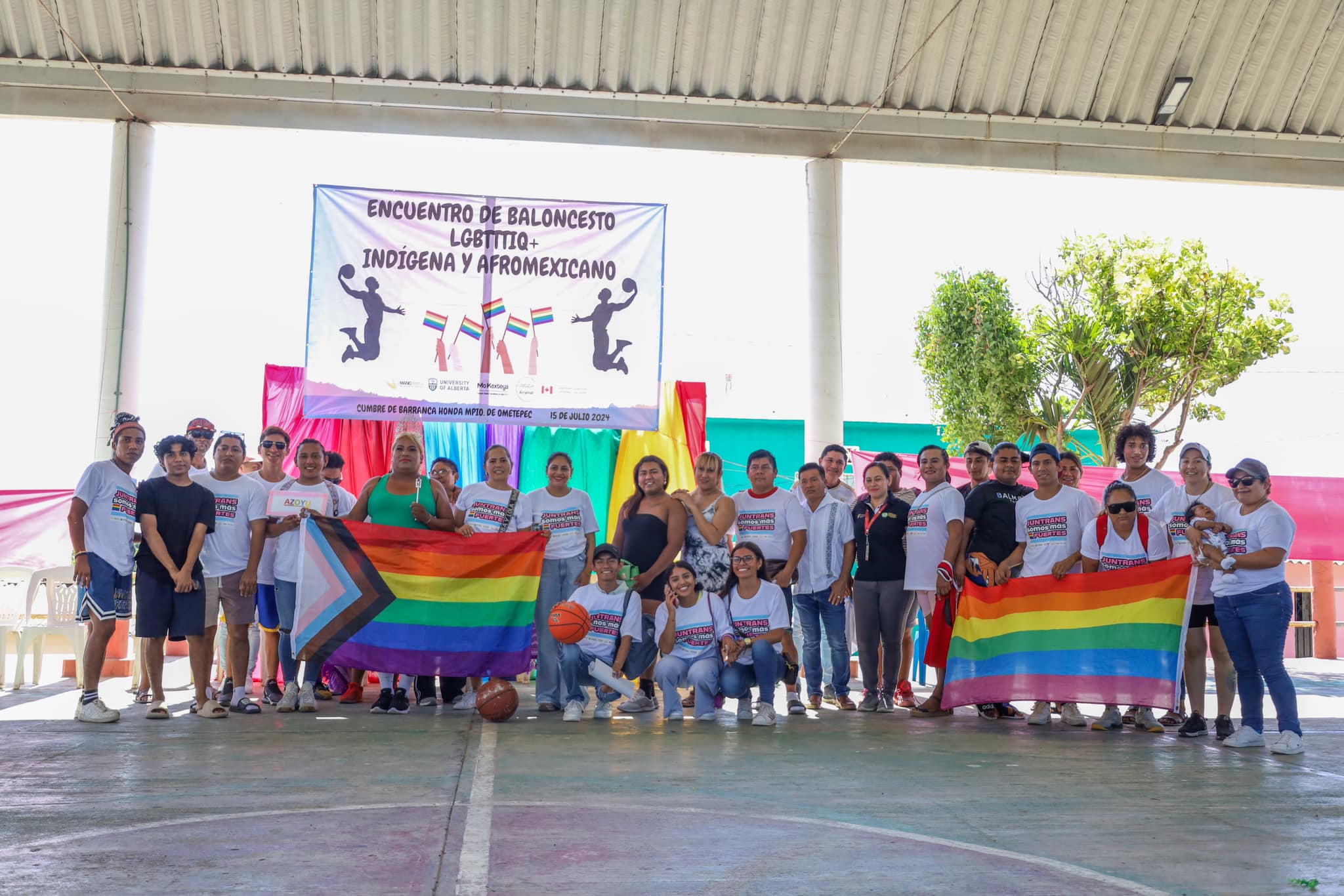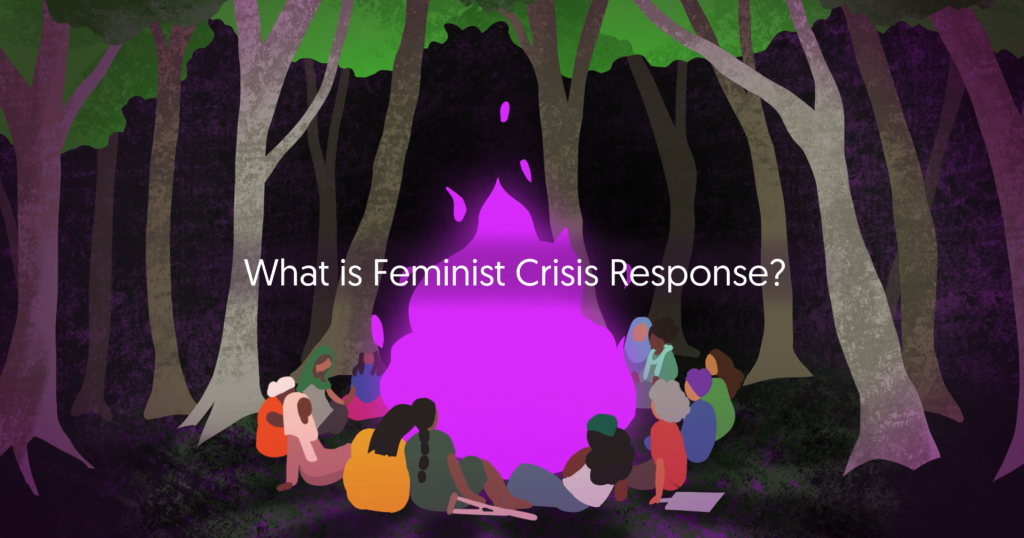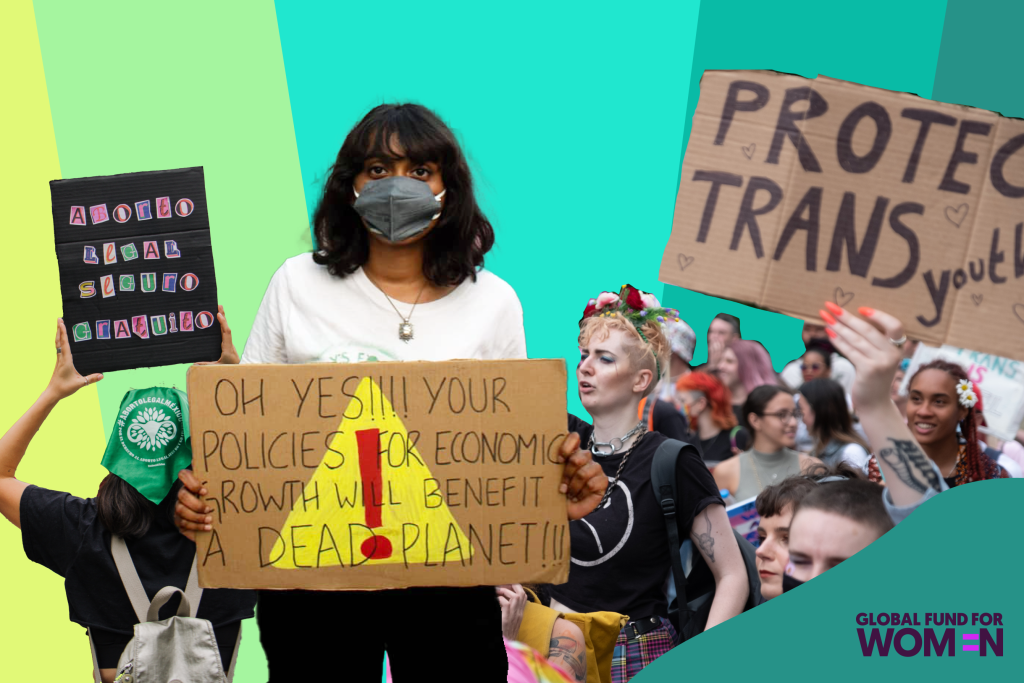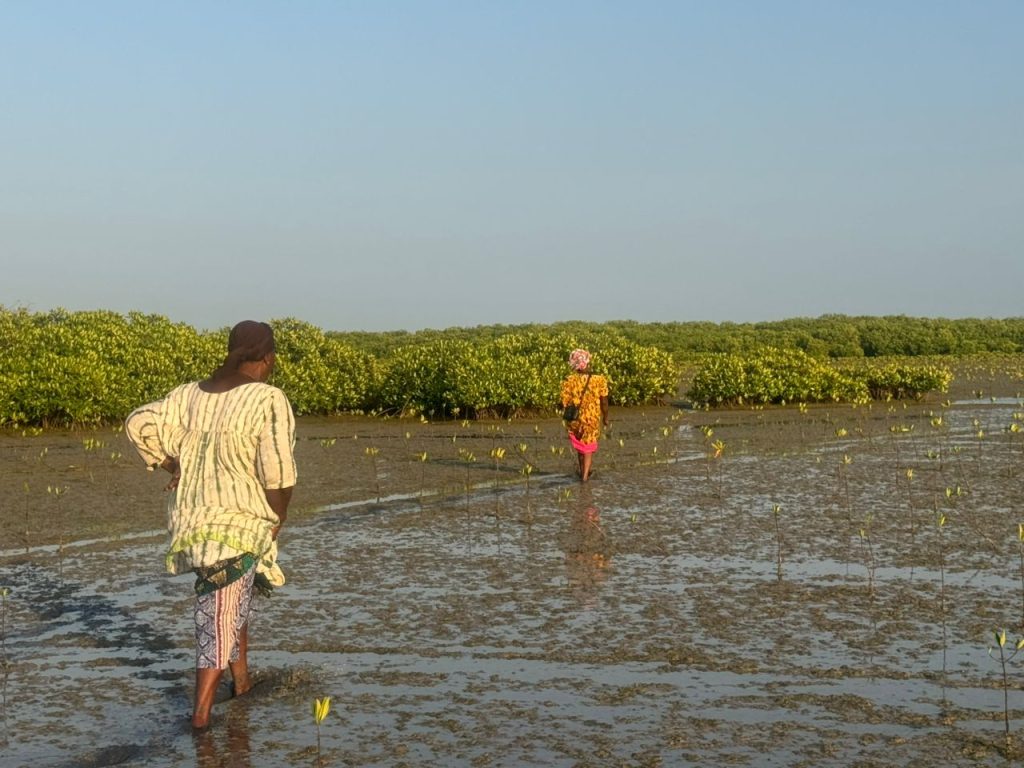Grantee Spotlight:
Afro-Mexican Women’s Collective Action, Resistance, and Renewal
"We don’t just want survival; we want dignity. We want a world where our daughters don’t have to fight the same battles we did.” – Mijane Jiménez Salinas, Executive Director of Mano Amiga de La Costa Chica, a Global Fund for Women grantee partner.
Mano Amiga mobilizes Afro-Mexican women and girls’ grassroots solutions into collective action—fighting gender-based violence, demanding land rights, and expanding political representation across Latin America.
In the regions where Mano Amiga works, Afro-Mexican women are under constant threat—from organized crime, displacement, and deep-rooted systemic injustice. "When we started working with Afro-Mexican women, we realized many didn’t even know how to address the violence against them. We had to start by making them believe they had the right to live free from violence," said Mijane.
Through a network of grassroots groups in Latin America, Mano Amiga’s networks address regional challenges: “In Cuba, sanitary pads are very expensive, so women have developed their own approaches to navigating menopause and menstruation. In Ecuador, the focus is on diagnostics and sexual rights, while in Costa Rica, they are building inter-Caribbean alliances with Panama.”
“We are under constant attack because we are denouncing injustices. There is no safety net for us, and yet we continue to fight because our lives and futures depend on it."
– Mijane Jiménez Salinas, Executive Director of Mano Amiga de La Costa Chica
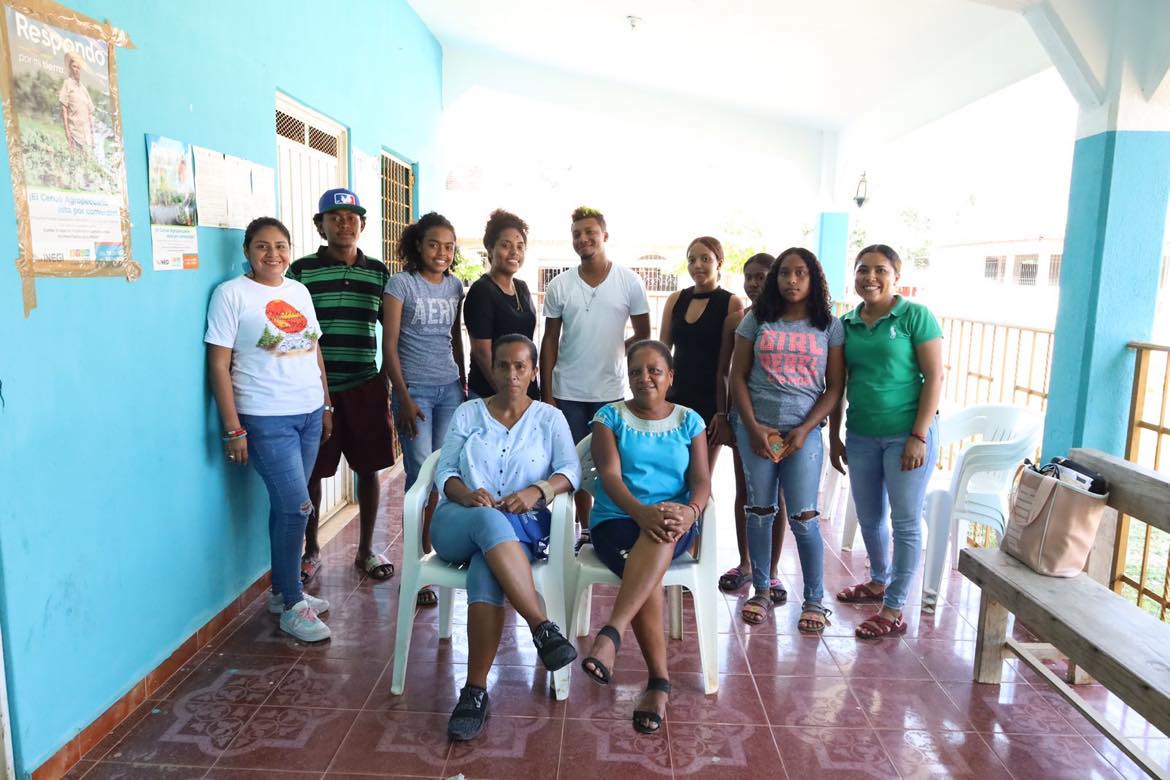
From Resistance to Renewal: Investing in Youth
Mano Amiga is also investing in young leaders, encouraging youth to interrogate racism, gender norms, and inequality.
When Mano Amiga first received a grant from Global Fund for Women, they used the flexible funding to strengthen their Afropoderosas program—an alliance between organizations in Mexico and the Caribbean designed to address sexual and gender-based violence against Afro-descendant girls, youth, and adolescents. "According to a study we conducted, the first sexual aggressor of a Black girl is often a close family member," shares Mijane. “This is deeply linked to poverty, lack of education on sexual and reproductive rights, and silence around these issues. That’s why we prioritize workshops that normalize conversations about menstruation, challenge taboos, patriarchal norms, and promote bodily autonomy.”
Recognizing that addressing gender-based violence also requires transforming the conditions that enable it, Mano Amiga expanded their efforts to engage young boys and students—particularly those impacted by poverty, racism, and limited access to education. “Many of them hadn’t even had the chance to complete high school, and now they’re in conversation with psychologists about how racism has shaped their lives,” Mijane explains. “When youth internalize racism and struggle with low self-esteem, it can lead to issues like drug use, which in turn fuels cycles of violence, including gender-based violence, in the case of our communities. By opening space for healing, dialogue, and education, we’re not just responding to harm—we’re working to prevent it.”
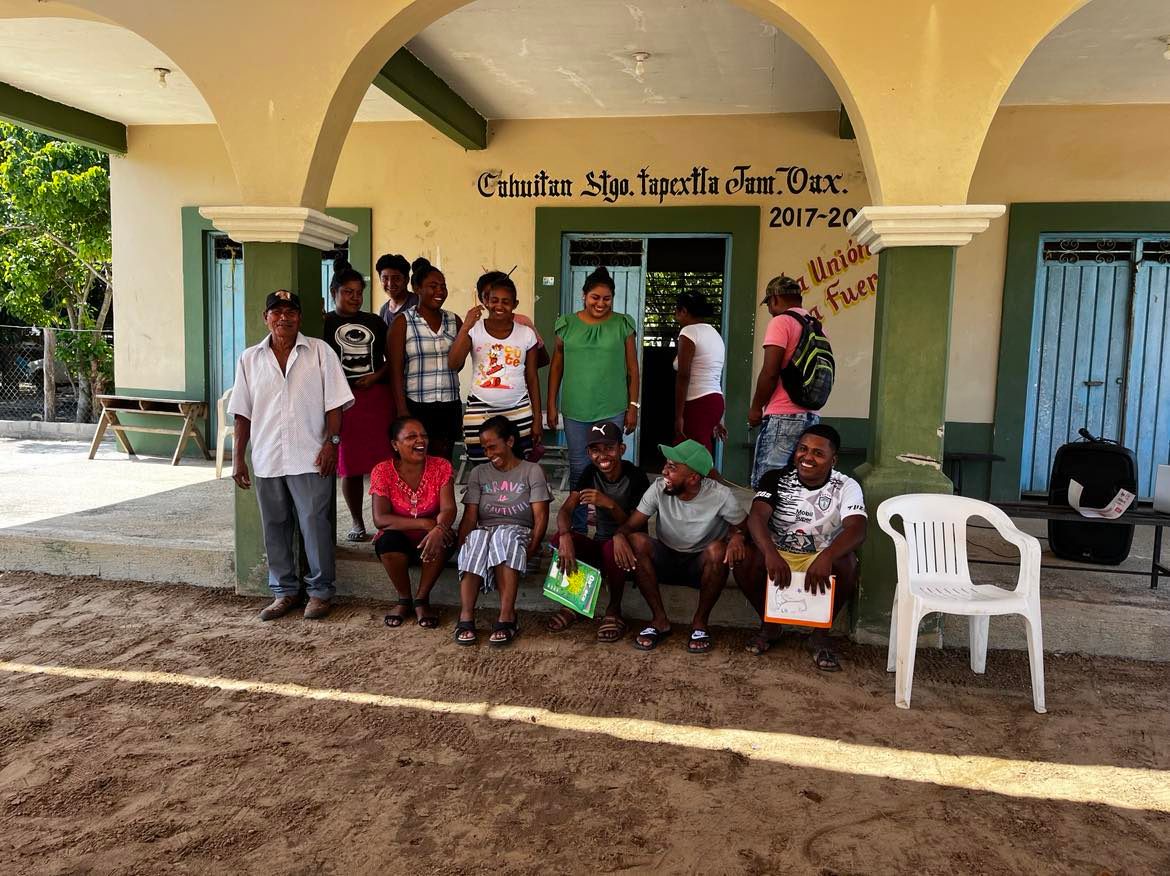
Cultivating Independence, Justice, and Care
During the COVID-19 pandemic, when institutions failed to protect Afro-Mexican communities, Mano Amiga stepped in with mutual aid. "We had to return to the wisdom of our ancestors because the system didn’t care if we lived or died." Mijane reflects. The organization distributed food to 50 families and promoted sustainable food practices rooted in cultural knowledge.
Mano Amiga’s gender justice work also confronts the root causes of systemic inequalities, including corruption: "Corruption limits resources of feminist organizations and keeps power concentrated in the hands of small groups while municipal authorities operate with little transparency.” Through Global Fund for Women’s Anti-Corruption Learning Initiative, the group is equipping local leaders with tools to increase transparency and training community members to help hold power to account.
At the center of Mano Amiga’s work is anti-racist, feminist care, and Mijane calls on funders to support collective care as a cornerstone that makes gender justice work possible: “The world is falling apart,” Mijane says plainly. ”Unless we prioritize collective well-being and racial justice work, we will not overcome these struggles. We must learn to take care of each other because no one else will do it for us.”
